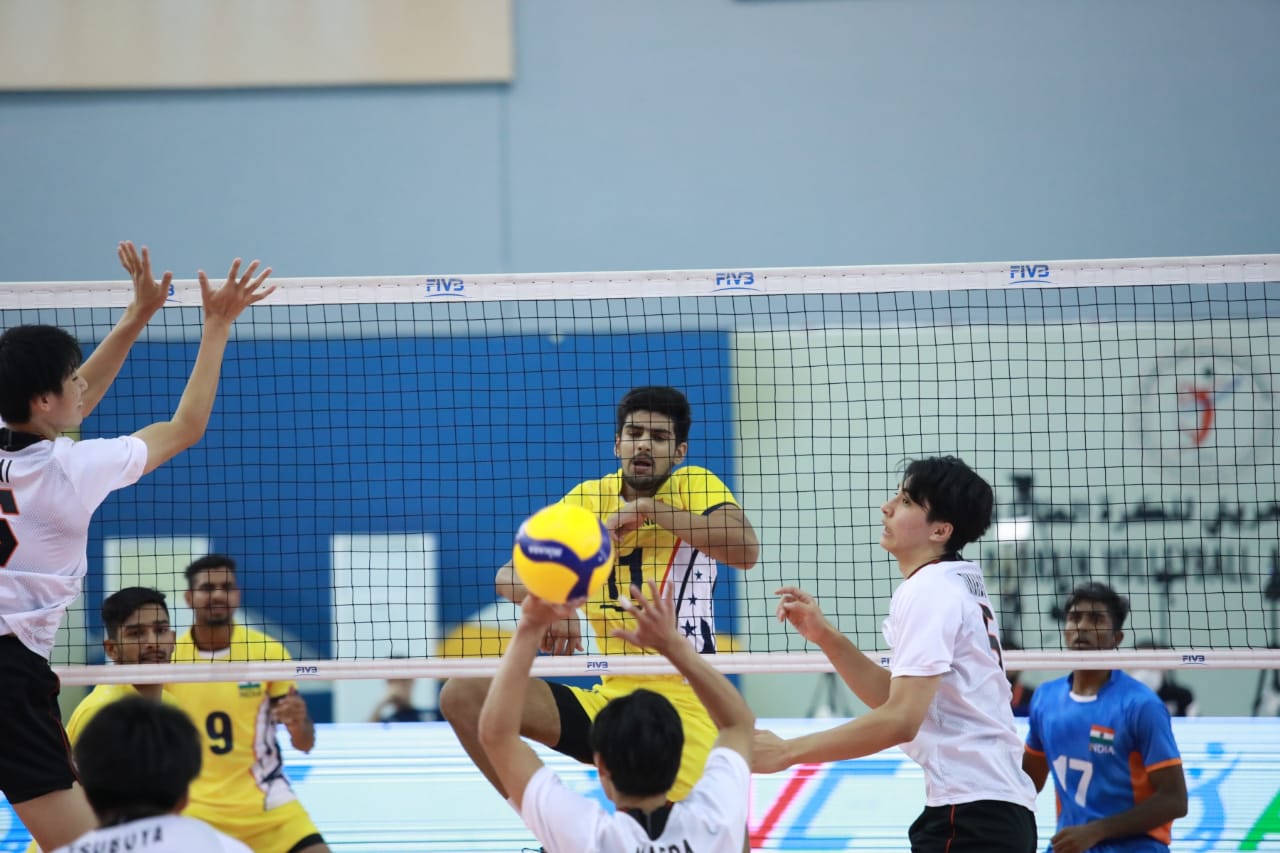Volleyball Players Tape Their Fingers: Regretfully, volleyball isn’t given the credit it merits as a thrilling sport. Teams are always moving and putting up their best effort to battle for points, resulting in consistently intense action. It features amazing spikes, lovely blocks, strong serves, and superb teamwork—everything that makes a sport thrilling and competitive.
Even though the game itself receives the majority of attention, some viewers are drawn to the players’ attractive bodies. In fact, people frequently wonder: Why do volleyball players frequently tape their fingers? If you’re one of the inquisitive people, keep scrolling to get the solution!
Why do volleyball players tape their fingers?
The purpose of taping fingers for volleyball players is twofold: to prevent injuries and to boost power and support when playing. This strengthens joints and ligaments, which is beneficial during the hard and repetitive movements of the game.
In addition, volleyball matches are fast-paced and dynamic, so taping their fingers prevents sprains and strains.
Here’s how to tape your fingers for volleyball!
Get some athletic tape and scissors first. While taping, adhesive bandages or pre-wrap can provide a layer of comfort and protect your skin.
If you choose to use pre-wrap, encircle the finger or fingers you want to tape with it. As previously mentioned, this protects the skin from irritation due to direct tape contact.
Now start taping the area closest to the hand, which is the base of the finger. To firmly fasten it, wrap the tape around the hand or wrist many times. Wrap the tape across the joint to form a diagonal “X” as you work your way up the finger. This aids in giving the fingertips stability.
How old was Yoda? Why is Yoda possibly the greatest character in Star Wars?
The idea is to provide joint support while preserving flexibility, so make sure the tape covers the joints sufficiently without unduly limiting movement. Once you’ve reached the top, secure the tape in place by wrapping it around the finger a few times. However, be careful not to tighten it too much, since this could cut off circulation.
After the taping is finished, test that you still have enough flexibility by moving your fingers in different directions. Without interfering with your ability to comfortably hold or move your fingers, the tape should offer support. Now, repeat these steps for each finger if you’re taping more than one.
There are numerous different methods for taping your fingers besides this one. We advise you to try out a variety of taping techniques to determine which one best suits your needs—it could take some time to discover the one that strikes the ideal balance between support and flexibility.




